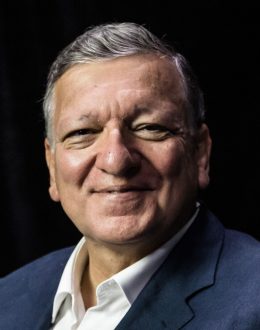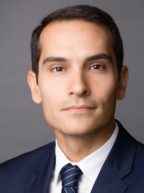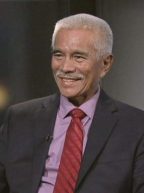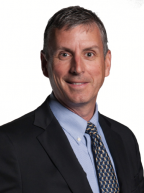
José Manuel Barroso keynote speaker
- A Conversation with José Manuel Barroso
- Future of Europe
- Striking Geopolitical Balance
- The Future of the European Union
José Manuel Barroso was President of the European Commission, prior to which he served as the Prime Minister of Portugal. He led the Commission during a period immediately following the expansion of the Union into eastern Europe and taking in the fallout from the financial crisis and a range of diplomatic and international challenges.
After an academic career in economics, international affairs and law, taking in periods at the Universities of Lisbon and Geneva, as well as a visiting professor at the Georgetown University in Washington DC, José Manuel entered parliamentary politics in his native Portugal as a member of the PPD (Democratic Popular Party).
Appointed Under-Secretary of State in the Ministry of Home Affairs, within a few years José Manuel became Secretary of State for Foreign Affairs and Co-operation. It was in this role that he achieved his first international success, driving an armistice in the Angolan civil war, a bloody conflict which had at the time raged for 25 years. He was then promoted to Foreign Minister, a role he held until the governing party lost the 1995 general election. Whilst in office he also played a leading role in moves that led to independence for East Timor from Indonesia.
In opposition José Manuel chaired Portugal’s Foreign Affairs Committee and was Vice President of the European People’s Party before becoming leader of the PSD (the Social Democratic Party and successor to the PPD). He led the party into a coalition government which saw him become Prime Minister. His time in charge saw him successfully manage Portugal’s national deficit as well as taking a leading role in the Iraq conflict before he was nominated as President of the European Commission.
Spending a decade as President of the EU’s executive and legislative branch, José Manuel handled issues from the Treaty of Lisbon to the introduction of single market initiatives. An adherent of a closer, federalised union he has been an outspoken critic of all sides in the Brexit debate. Since leaving the Commission, he has returned to academia with roles at Princeton, the Woodrow Wilson School, and the University of Geneva. He is also the non-executive chairman of Goldman Sachs International.

Pioneering Authority on Environmental, Social and Governance Strategy and Implementation,...



